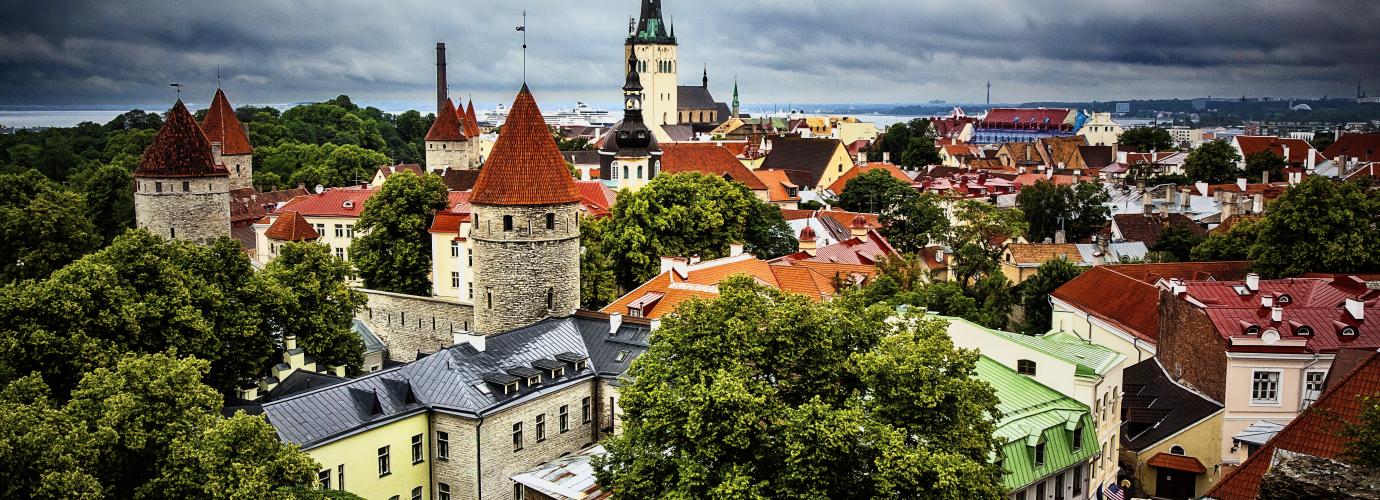Both the educational institutions providing formal education and those providing further training offer learning opportunities for adults.
Opportunities for acquiring formal education
- Basic education and general secondary education are provided by upper secondary schools for adults and the departments of non-stationary studies opened with general education schools, the managers of which can be both local governments and companies. According to the data of 2018/2019, there are more than 43 schools in Estonia where adults can pursue studies in the form of non-stationary study. Such opportunities are ensured in all counties of Estonia, except for Põlva County. Learning is free of charge for adults, except for studying in private schools.
- Vocational training is provided by vocational educational institutions on the basis of the curricula of the second, third, fourth and fifth level of the professional qualification, including vocational secondary education. A vocational educational institution can be managed by the state, a local government or a company. Schools provide adults with different learning opportunities in the form of both stationary and non-stationary study (opportunities for pursuing studies in the form of cycle studies provided at weekends or in the evenings, with a lower study load or an increased duration of studies) according to need and demand. Learning is free of charge for adults (except for some private schools). An adult aged 22 years and older without basic education can start pursuing studies in vocational secondary education if the school establishes that the learner can cope with it.
- An adult learner can acquire higher education in institutions of professional higher education and universities, which can be managed by both the state and a company. A learner can choose to study in full-time or part-time study. Acquisition of higher education is free of charge to those enrolled in full-time study, but mostly payable for those enrolled in part-time study or studying as external students.
Opportunities for acquiring non-formal education
Non-formal education is provided by both educational institutions providing formal education (vocational educational institutions, institutions of professional higher education and universities), the numerous private educational institutions providing further training and some educational institutions providing further training established by a local government.
All educational institutions providing further training must enter their activities in the Estonian Education Information System, except for these subject to the obligation to apply for a licence on the basis of a specific act (e.g., driving schools).
The continuing education institutions which wish to use funding from the state or local government budget funds or European Structural Funds, or enable their learners to apply for study leave, shall submit a notice of economic activities to the Estonian Education Information System. By the submission of a notice, the continuing education institution asserts its adherence to the requirements for information disclosure, curricula development and issue of graduation certificates; the continuing education institutions that have submitted a notice of economic activities shall be subject to state supervision.
Four areas of activity are subjected to the requirement of applying for a licence for the provision of continuing education, namely, driving schools, institutions providing training for security staff and train drivers, and the institutions providing preparatory courses for taking the Estonian language proficiency examination.

